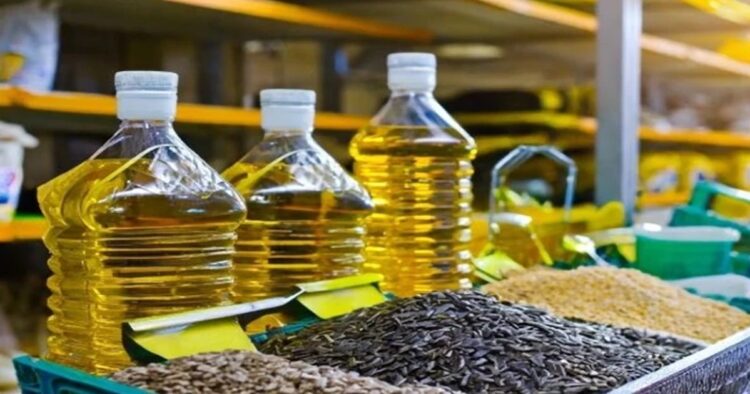The Union Cabinet chaired by Prime Minister Narendra Modi, approved the National Mission on Edible Oils- Oilseeds (NMEO-Oilseeds), an initiative aimed at boosting domestic oilseed production and achieving self-reliance in edible oils, as per an official statement. It said, ‘The mission will be implemented over a seven-year period, from 2024-25 to 2030-31, with a financial outlay of Rs 10,103 crores’.
The newly approved NMEO-Oilseeds will focus on enhancing the production of key primary oilseed crops such as Rapeseed-Mustard, Groundnut, Soybean, Sunflower and Sesamum, as well as increasing collection and extraction efficiency from secondary sources like Cottonseed, Rice Bran, and Tree Borne Oils.
The mission aims to increase primary oilseed production from 39 million tonnes (2022-23) to 69.7 million tonnes by 2030-31. Together with NMEO-OP (Oil Palm), the mission targets to increase domestic edible oil production to 24.45 million tonnes by 2030-31 meeting around 72% of the projected domestic requirement.
This will be achieved by promoting adoption of high-yielding high oil content seed varieties, extending cultivation into rice fallow areas, and promoting intercropping. The mission will harness ongoing development of high-quality seeds by using cutting-edge global technologies such as genome editing, said the statement.
To ensure the availability of quality seeds, the mission will introduce an Online 5-year rolling seed plan through the ‘Seed Authentication, Traceability & Holistic Inventory (SATHI)’ Portal, enabling states to establish advance tie-ups with seed-producing agencies, including cooperatives, Farmer Producer Organizations (FPOs), and government or private seed corporations. 65 new seed hubs and 50 seed storage units will be set up in public sector to improve the seed production infrastructure.
Additionally, over 600 Value Chain Clusters will be developed across 347 unique districts, covering more than 10 lakh hectares annually. These clusters will be managed by value chain partners such as FPOs, cooperatives, and public or private entities. Farmers in these clusters will have access to high-quality seeds, training on Good Agricultural Practices (GAP), and advisory services on weather and pest management.















Comments